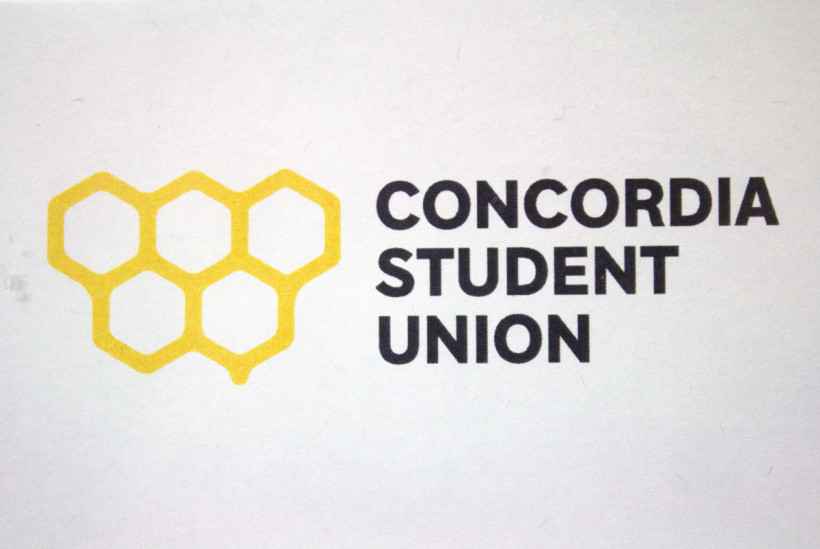This year’s CSU elections seem to have taken students by surprise
Students had the opportunity to vote last week in the CSU general elections, but it seems like many students may have missed their chance.
This year’s elections had the lowest voter turnout the CSU has seen in recent years, with 1,536 votes cast; 4.8 per cent of the 32,199 students registered to vote.
This was a 0.8 per cent decrease from last year’s general election, in February 2020, which had the advantage of being held in-person and online, with a total of 1,731 votes.
The results of this election were also a massive decrease from the by-elections in fall 2020 a greater success with a 17.8 per cent voter turnout.
The elections are an opportunity for students to select who will represent them in the coming year. This year, due to the pandemic, they were held entirely online which may have made it difficult for students to get involved.
Some were completely unaware elections were happening in the first place.
“I didn’t know that it was happening this year, until I got the email pop up,” said Noah Cohen-Wanis, a second-year Mechanical Engineering student. “I had more important school things to worry about, like my grades.”
The pandemic and online classes have made it more difficult for students to keep up with school news unrelated to their own classes. In a time where students are notified of nearly everything by email, it can be easy to miss things.
Some students feel that just receiving an email from the school isn’t enough to get them interested in the election in the first place. Cohen-Wanis suggested a more personal approach, with candidates trying to make appearances briefly in Zoom lectures as they often did when classes were in-person.
“That way we can hear them talk and understand what their purpose is and what change they’re trying to make. It would definitely get me interested instead of just getting some email from the school,” said Cohen-Wanis.
Other students suggested taking advantage of other essential Concordia platforms like Moodle and MyConcordia; things that students interact with every day.
“Honestly if one of my friends hadn’t told me the CSU election was this week I’m not sure I would have seen the email until the weekend [after the elections],” said Patrick Baylis, a third-year Engineering student.
Not knowing who they were voting for was a common issue among students who did take part in the election.
“I feel like the most I learned about the candidates was when I was actually looking at the ballot — previously I didn’t know who was running,” said Baylis.
Information about candidates can be found on the CSU’s website. While many candidates have detailed bios and campaign information, many have less than a paragraph, or even nothing at all written. Some candidates simply stated the position they were running for.
Some students did try to vote in the elections, but got frustrated by the online process.
“I got an error saying I wasn’t registered for any ballot,” said Baylis. After contacting an elections representative from the CSU, Baylis was sent a second email that would detail how he was going to vote again. Many students received multiple emails with different voting information.
The emails contained unique voter login and password information for use on the official CSU online voting website. But after voting, some students were sent another email with new login credentials, after receiving an error message when trying to vote the first time.
Baylis explained that the follow-up email did not contain any information detailing if his original vote was invalid, or whether he would have to vote again. It was only after contacting a CSU elections official, that he was told he would have to vote again.
“It was just from my conversation with the election person at the CSU, I knew I would need to go and vote through that link as opposed to the previous link,” he said.
Baylis says many of his peers were sent second emails with voting links as well, and many were unsure if their original vote was actually cast.
Logo courtesy of the Concordia Student Union (CSU)
